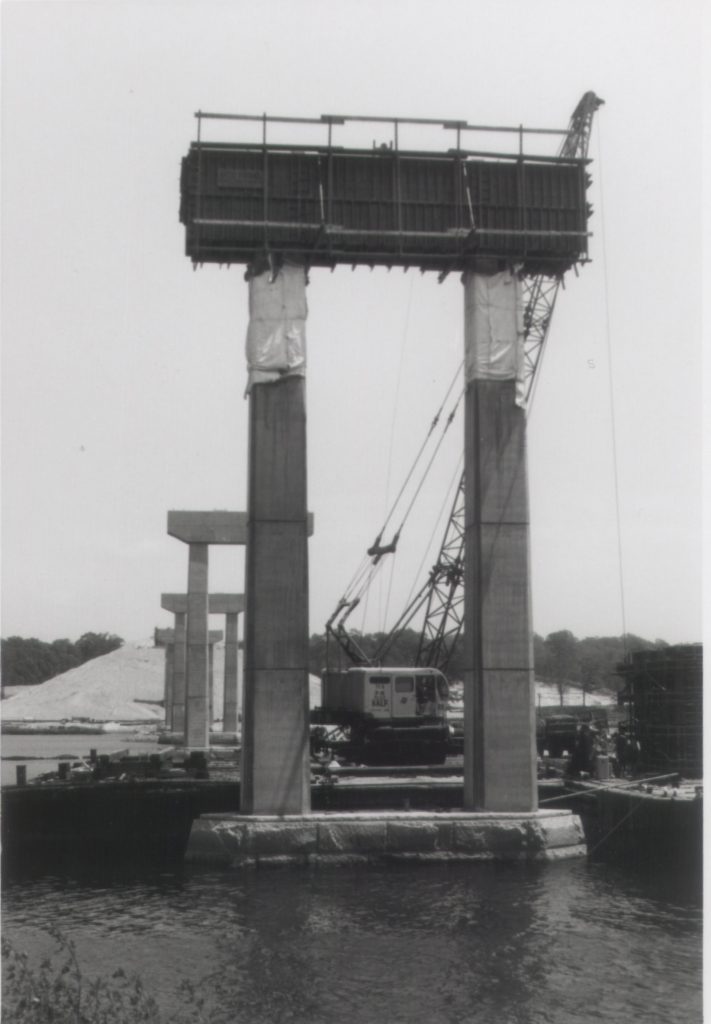Transportation Planning

The Southeastern Connecticut Council of Governments is a federally designated Metropolitan Planning Organization (MPO), and as such, receives Federal and State funds to coordinate transportation planning in its member municipalities. Prioritization of funds for transportation projects is made by the SCCOG Board, with assistance from staff.
SCCOG staff works closely with applicant municipalities and the Connecticut Department of Transportation (CT DOT) to shepherd transportation-project applications through numerous stages of development.
Funding sources and Assistance
A number of State and Federal programs are available to fund transportation capital improvements in the region. Funding sources typically address specific concerns, transportation modes, or categories of infrastructure. SCCOG staff provides technical assistance to municipalities making use of Federal or State funds, to ensure timely project delivery.
Transportation Improvement Program (STIP) List
The Statewide Transportation Improvement Program (STIP) is a four-year planning document that lists all projects expected to be funded in those identified four years (2018-2021) with Federal Highway Administration (FHWA) and Federal Transit Administration (FTA) participation. The STIP is multi-modal and includes investments in various modes, such as transit, highways, and bicycle facilities. The STIP is the venue for implementing the goals and objectives identified in regional and state long-range transportation plans.
Regionally this document is called the Transportation Improvement Program (TIP) and includes all projects funded during the four-year subject time frame, both state and federally funded. The MAP-21 federal transportation funding bill requires the TIP, among other things, to:
- be developed at least every four years to cover a period of four years,
- be financially constrained and demonstrate that the projects are fundable through known funding sources,
- reflect air quality changes due to the projects,
- be consistent with the Metropolitan Transportation Plan, and
- have a public involvement process that meets Environmental Justice and Title IV requirements.
Transportation Policy Documents
Foundational documents of a MPO are a Unified Planning Work Program (UPWP) and Long-Range Transportation Plan (LRTP). The UPWP defines the programs and activities for which a MPO will use Federal planning funds, while the LRTP is a planning document that envisions the future of transportation in region and is used to guide capital projects. Other important documents address MPO policies (e.g.: Title VI), special planning areas like congestion management and air quality, or particular projects.
